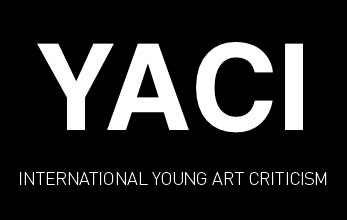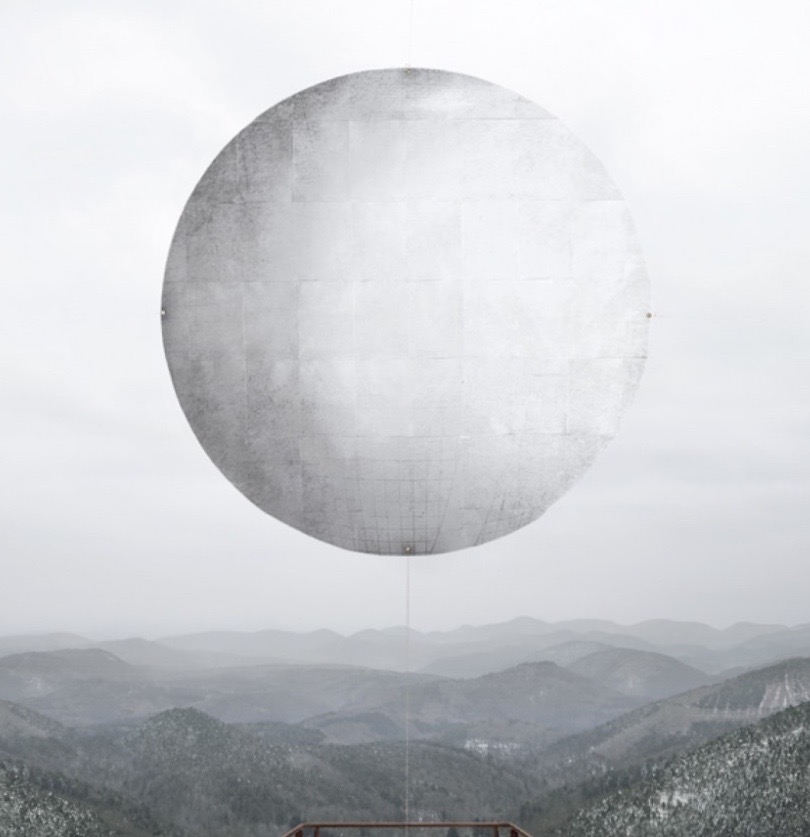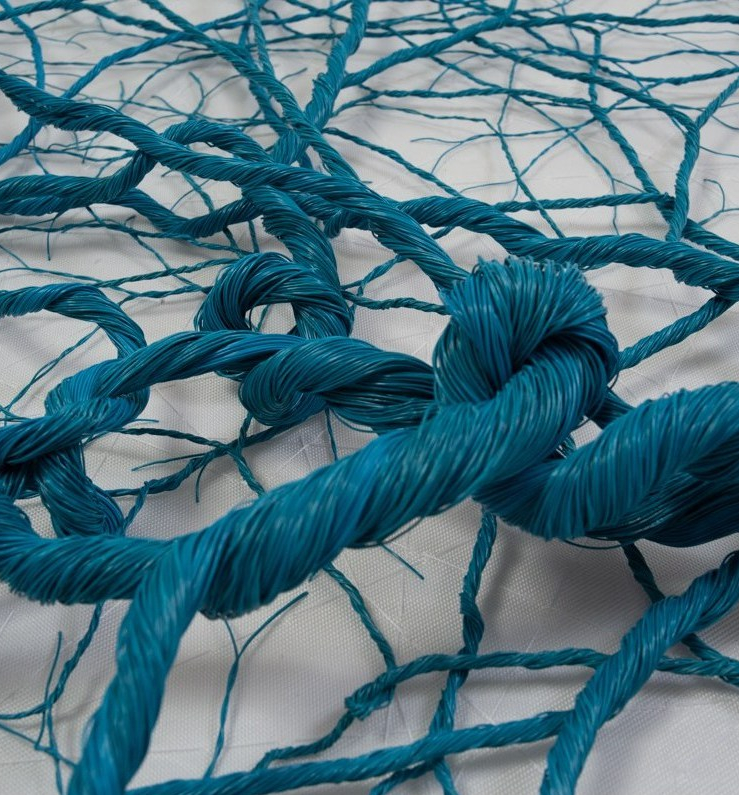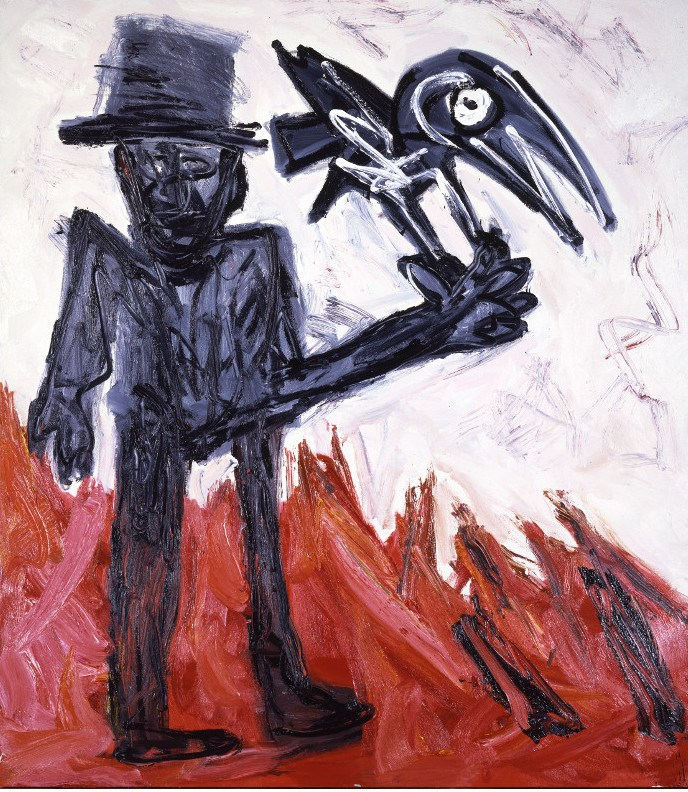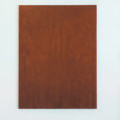We are all wolves, in the deep forest of eternity – Galerie C, Neuchâtel
We are all wolves, in the deep forest of eternity. The sentence sounds like the end of a book, that of a programmed sentence that leaves us alone with our thoughts and concerns. As with every exhibition in Gallery C, the aim is to be a proposal, a daring bet to expose and confront. Until April 21, 2018, the dialogue takes place between the French visual artist Françoise Pétrovitch, the Swiss artist Alain Huck and the work of the Russian poet Marina Tsvetaeva (1892-1941). This tumultuous woman who detected in the anguish of her exile, the revelation of her talent, and in her writings, her only attachment to the world.
Veux-tu connaître ma richesse ?
Le cheval galope,
Les morts-dorment, les oiseaux-chantent.
L’adolescent-halète et furète,
Les femmes insensées-pleurent.
Ma richesse-un présent de larmes !
Mai 1918, Marina Tsvetaeva
A raw style, a frankness of experience that remains in our minds and accompanies our steps in the exhibition. It transforms our condition of being and immerses us in conditions of seeing and feeling. The link with Marina Tsvetaeva and the two guest artists is forged in this need for creation. Is the artistic echo based on the way he writes or on the meaning of his poems? The question arises but, with regard to the works, the answer gradually becomes obvious.

In Françoise Pétrovitch’s work, the poetess’ universe is reflected in the appearance of the being in the world, that of the human and animal figures to which the artist has accustomed us. It is almost never in front, but positioned according to a frame freed from the conventions of the gaze, isolated in a randomly small or large format. She lies, in her drawings, her favourite art, or in her painting, which she discovered a few years ago. The strength of his works is born from the influence that the technique specific to the medium has on the rendering. The ink delimits the body, face and limbs of his characters, but it is in the reserve of the drawing that we can capture them (Extended, 2017): an escape from the diluted colour in which his characters rest and accentuates their lost presence. The evanescence conferred by the wash counterbalances the hieratic of the pictorial material. The canvas of his paintings seems to be an obscure abyss, from which the figure cannot escape (Nocturne, 2017).
For Alain Huck, the artistic material is that of an experimentation with literature. He appropriated it in various ways, including mechanically, by reproducing Joseph Conrad’s Darkness of Heart text in the geographical surveys of the Congo River, the site of the perilous adventure of the protagonists of history. The drawing becomes that of the narrative and figurative framework of our own experience of the text, which begins at the end. This experience is made sensitive by the installation Rivage (2018), present in the centre of the space and on which words extracted from the story find their place in the fabric stretched between pieces of wood. In her series Hommage à (2013), the artist cancels the meaning of sentences borrowed from authors such as Marina Tsvetaeva, by changing the order of the words. It is this flaw caused by the inability of language as a means of communication that brings man and animal closer together, symbolized by the eyes of the wolf in his graphite drawings (Culpa, 2017). From this impossibility, the artist finally detects the interstice in which our imaginary, whether or not it is linked to meaning, interferes.
We are all wolves, in the deep forest of eternity. This end is perhaps in the end only the beginning of the paths opened by creation, where reality and imagination meet in this relationship to the world. In this “twilight rift”[1], which Marina Tsvetaeva could not avoid.
Diane Der Markarian
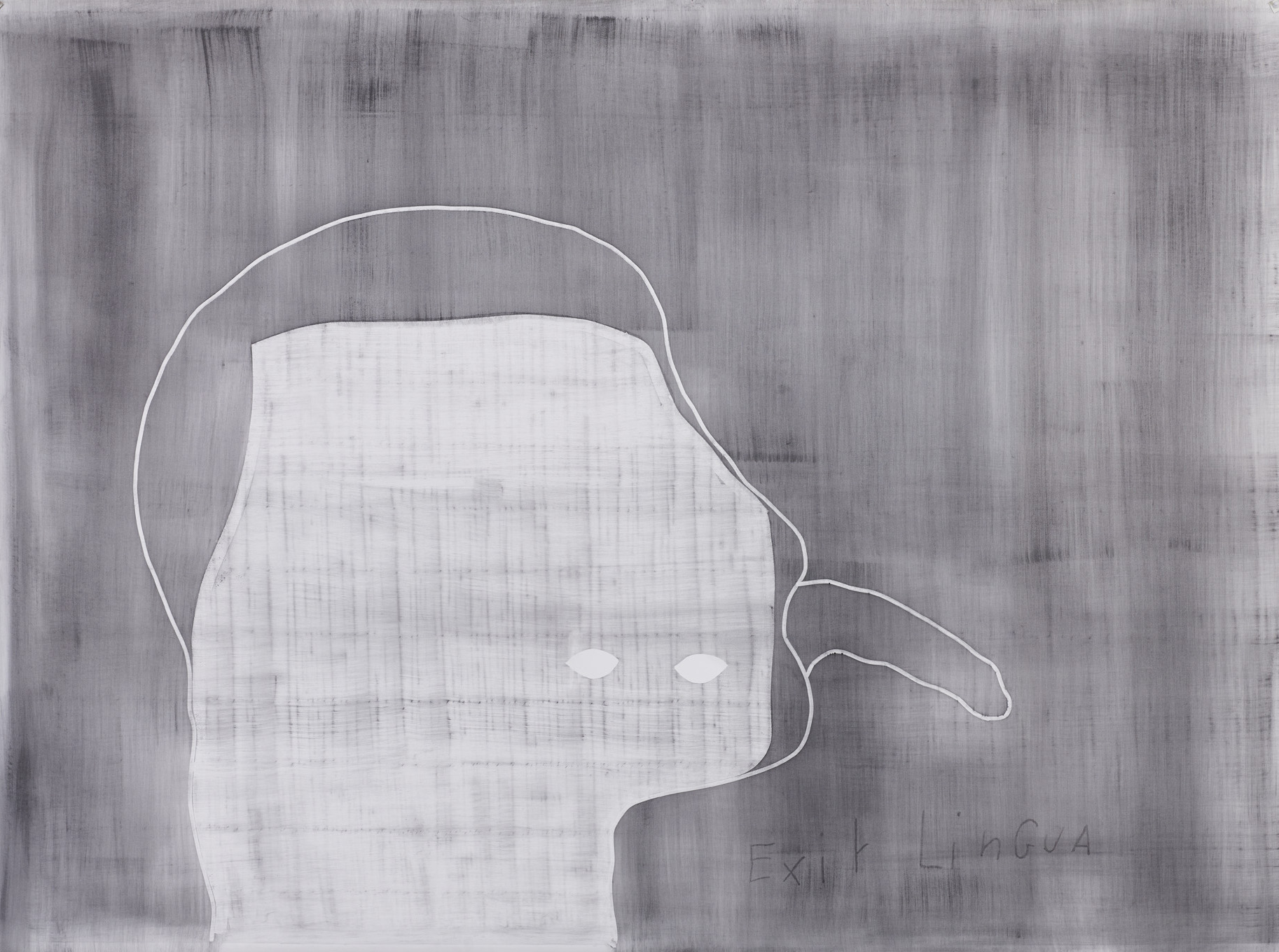
[1] Marina Tsvetaeva, Moscou, December 1920. “L’amour des mots – Marina Tsvetaieva et Boris Pasternak”, France Culture, 19 min, 15/10/2017.
Featured image : Alain Huck, « Culpa », graphite sur papier, 151×215 cm, 2017. Courtesy Galerie C.
On April 11, 2018, a reading in French and Russian of a selection of Marina Tsvetaeva’s poems by Marion Graf took place at Galerie C, Neuchâtel.
